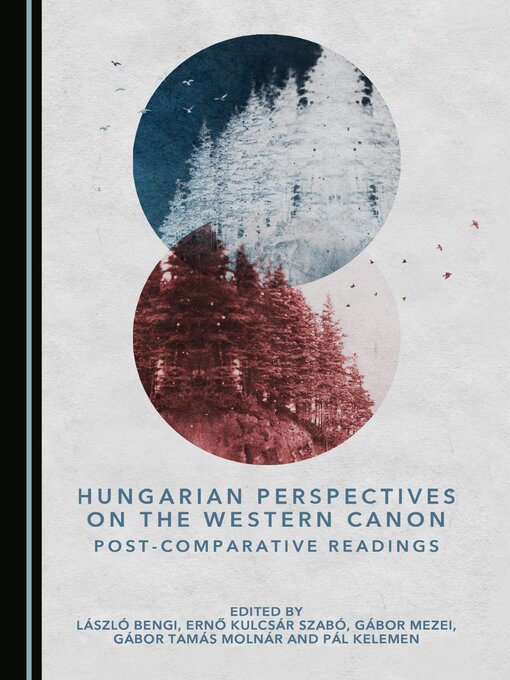In this collection, Hungarian literature is read together with canonical works of the Western literary tradition. The book studies the distinction between "major" and "minor" literatures, showing that such parallel readings may highlight previously unknown components of the literary tradition. The book does not hold traditional comparative methods, based on verifiable mediations or transactions between national philologies and national literary narratives, to be the exclusive standard of interpretation; readings can concentrate on common surfaces and textual events instead. This is what is meant by 'post-comparative' perspectives, a term to indicate that the conditions of a comparative reading never precede the reading itself. On this basis, the present volume points at several possibilities of how a common ground between texts can be created, especially because the chapters within it perform parallel readings in highly different ways.
- Available now
- Banned Books Week: Always Avaiable Titles
- California Authors
- Most popular
- At the End of All Things--Complete Fantasy Series
- Crime Queens of the Golden Age
- Try something different
- True Adventure Stories
- Bookish Romance
- See all ebooks collections
- Audiobooks for the Drive to Las Vegas
- Audiobooks for the Drive to Palm Springs
- Audiobooks for the Drive to San Francisco
- Available now
- Audiobooks for the Whole Family
- Uplifting Listens
- Most Popular Audio Between 1 and 3 Hours
- New audiobook additions
- Listen While You Run: Audiobooks for Workouts
- Try something different
- Most popular
- See all audiobooks collections
